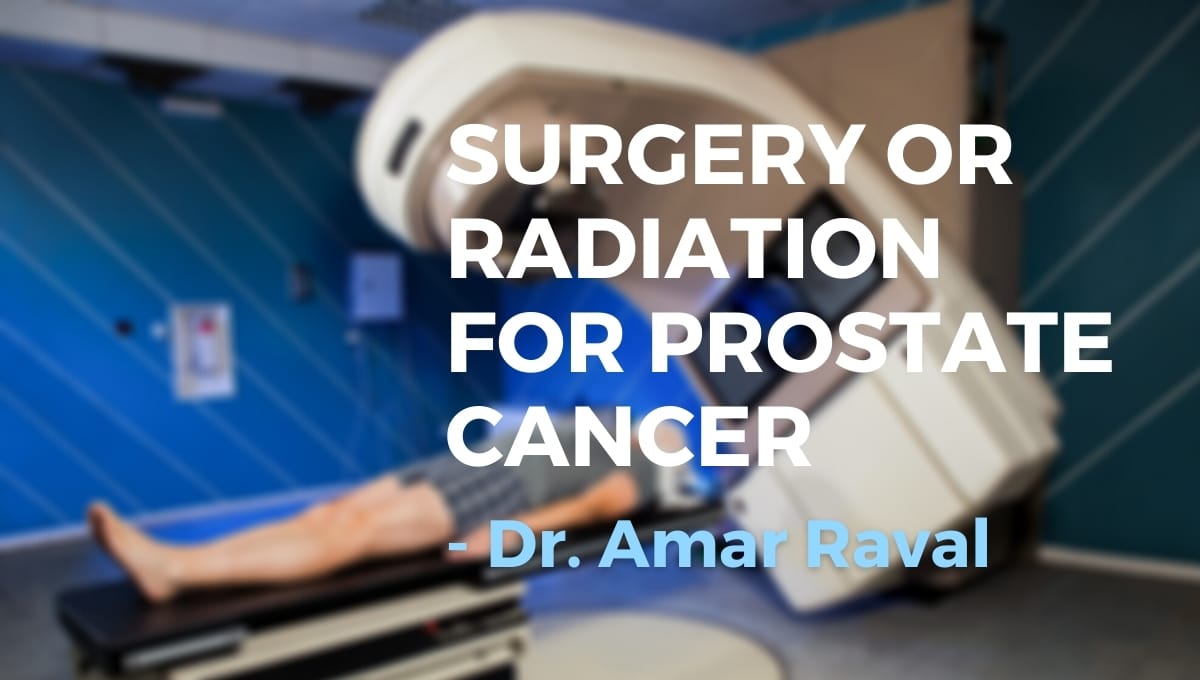Key Takeaways:
- Small medical practices are increasingly having difficulty staying competitive in the current market, leading many physicians to a crossroads between becoming an employee or merging with more doctors in their specialty just like Advanced Urology Institute.
- Dr. Hale chose to merge with the Advanced Urology Institute to augment his resources and negotiate contracts from a more competitive pedestal.
- By joining forces with Advanced Urology Institute, Dr. Hale has been able to pursue a shared vision for excellence and dedication to patient care.

As a nation, we have always cherished the tales of those individuals who choose to tread the path often left unexplored, who dare to mold their destiny according to the dictates of their integrity rather than bend to the whims of circumstances. Today, we bring to the forefront one such individual — Brian Hale, MD, a board-certified urologist serving the areas of Palm Harbor, Tampa and New Port Richey in Florida.
Shaping His Own Journey
Dr. Hale’s journey in the field of urology began in a time when solo practitioners and small practices were the norm in the profession. “When I first started urology,” he says, “there were a lot of solo practitioners and small practices and they were doing very well.” However, with the shifts in medical practice environments and the increasing difficulty of maintaining a viable small practice, he was confronted with a crucial choice.
The Inevitable Crossroads
As the landscapes of medical practices evolved, so did the challenges faced by physicians. Small groups, despite their commendable tenacity, found it difficult to stay competitive from an overhead standpoint and negotiate insurance contracts with equal footing. The last five years saw physicians standing at an inevitable crossroads: either become an employee and sell your practice to a hospital or a large group, or expand by merging with more doctors in your specialty. Dr. Hale explains, “And there’s only so much you can do in a small group to stay competitive…you have to decide between becoming an employee and selling your practice…”
Pursuing the Route of Expansion
Dr. Hale and his group had a choice to make. And they chose not to sell, but instead to expand. The decision might have been fraught with hurdles and uncertainties, but they understood the importance of maintaining their autonomy, their ability to offer personalized care to their patients. He says, “But in our group, we decided it was better not to sell, but instead get bigger.”
And that’s when they came across the Advanced Urology Institute (AUI).
Joining Forces with Advanced Urology Institute
Taking their quest for growth and top-notch care to the next level, Dr. Hale and his group decided to merge with the AUI. This strategic move allowed them to not only augment their resources but also negotiate contracts from a more competitive pedestal.
The AUI, the largest urology practice in Florida, serves as a testament to the power of collective brilliance, a convergence of expert urologists, all dedicated to providing unparalleled care to their patients. It’s an institution that continues to imbibe the spirit of unity, growth and relentless pursuit of excellence — the same spirit that led Dr. Hale and his group to its doorstep.
Seeking Excellence with Advanced Urology Institute
Choosing to align with the Advanced Urology Institute has been an impactful decision for Dr. Hale’s practice. What began as a solitary journey in urology has now transformed into a collaborative endeavor, all thanks to a shared vision for excellence and dedication to patient care.
In the world of urology, the choice is clear. Join forces with those committed to innovation, community, and excellence. Like Brian Hale, MD, choose Advanced Urology Institute. As the largest urology practice in Florida, they are at the forefront of healthcare delivery, ensuring that their patients receive the best possible care in Palm Harbor, Tampa, and New Port Richey. Stand with Advanced Urology Institute, stand with quality care.
References:
- AUI. (2023, September 21). Mikhail Lezhak, PA C: Choosing AUI. AUI. https://www.advancedurologyinstitute.com/mikhail-lezhak-pa-c-why-you-should-choose-advanced-urology-institute/
- AUI. (2023, August 17). Brian Hale, MD: Urological Care with AUI. AUI. https://www.advancedurologyinstitute.com/brian-hale-md-elevating-urological-care-with-advanced-urology-institute/
- Watson, S. (2016, May 25). Faces of Healthcare: What Is a Urologist? Healthline; Healthline Media. https://www.healthline.com/health/what-is-a-urologist
- The role of a urologist. (2023, September 4). Healthdirect.gov.au; Healthdirect Australia. https://www.healthdirect.gov.au/urologist
- And, D. (2023, September 25). Urologic Diseases – NIDDK. National Institute of Diabetes and Digestive and Kidney Diseases. https://www.niddk.nih.gov/health-information/urologic-diseases










